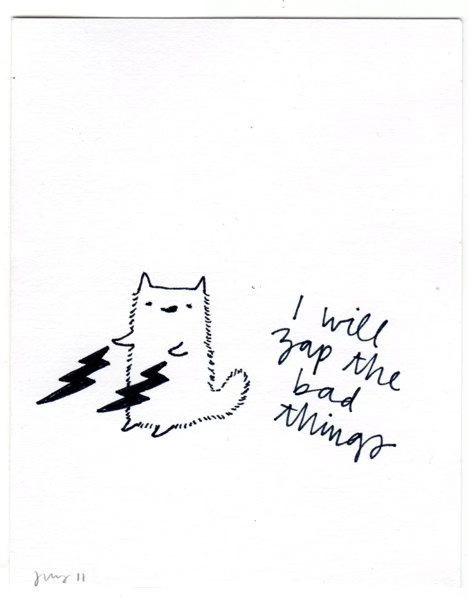The Down Side of Being a “Thank You for Telling Me” Person
And that time I was called a greedy bitch.
I’m resharing this post from the first few days of this Substack.
Live Classes • Recorded Classes • Workbooks • Consulting • Merch! • Share the Load Podcast • You’re Doing It Wrong Podcast
There’s a 10% off discount code to classes below the paywall…
My book, Unsolicited Advice: the Canceled Memoir of a Consent Educator, is available only on Substack and starts here.
I remember learning early on in my consent education that when someone shares a boundary or feedback, it’s best to say, “Thank you for telling me.” While I still believe that that’s a good rule of thumb practice, I’ve seen ways that it can go to far and be damaging to one’s sense of self.
Expressing gratitude when someone states a boundary or gives you feedback is an incredible, connecting mechanism. When someone tells me “no,” saying “thank you” can stop my own shame spiral in its tracks (“I shouldn’t have asked,” “They’re rejecting me,” etc.), while communicating to the other person that I’m a safe person to say “no” to, that I want to know, and that they can do it again. It’s powerful for both the person saying “thank you” and the person hearing “thank you.” I teach this in my consent classes through practice exercises that I learned, ones that changed my life.
I first learned this practice at the Cuddle Sanctuary in Los Angeles from Jean Franzblau in the very first orientation before a cuddle social. There was an area of the room where people know to leave you alone and I spent 90 minutes of the 3 hour social crying on pillows in that area. My body was so shocked by the newness of hearing gratitude for my no, by the experience of saying “no” and how unfamiliar it was.
Classes • Workbooks • Consulting • Merch!
Yet I’ve seen what could be called a shadow side of this practice. I’ve experienced a good number of people in my life take advantage of someone’s or my own willingness to listen and respond with “thank you for telling me” as we get projected onto, as we get someone’s past trauma taken out on us because we’ve demonstrated ourselves to be safe. For example, as an educator independent of any institution of higher learning, a lot of people who are invested in finding alternative modes of self-edification and growth sign up for my classes. Many of these people have a lot of trauma from Ivory Tower academia. For a lot of us who didn’t feel we could speak truth to power because of the power those figures wielded in the form of giving us grades permanently impacting our transcripts and having the ability to penalize us or even kick us out if we seemed disagreeable or ornery, we take out those frustrations on people with less control. (A similar way this phenomenon shows up is when people with awful bosses or clients who feel they can’t speak up for themselves take out their frustrations on customer service people who are often told they can’t talk back and “the customer is always right” which, by the way, is a gross misreading of the original text where that sentiment was expressed. Originally that statement meant that the customer’s preferences and choices are always right, as in if the customer wants ketchup on their pasta, they’re right. This was not meant to mean that any and all feedback from a customer is correct.)
When projection is at play—and it so often is—I have to be able to discern what is about me and what is about the person giving me feedback. I have to have strong boundaries and a strong sense of self so that I can bring relative objectivity to the feedback I’m receiving. What is mine, and what is not?
Being a paid subscriber supports getting anti-carceral consent education as far and wide as possible.
~ Just want access to this article? Venmo a donation to @sharetheload with your email address in the comment and I’ll send it to you ~
Keep reading with a 7-day free trial
Subscribe to Unsolicited Advice from Mia Schachter to keep reading this post and get 7 days of free access to the full post archives.




